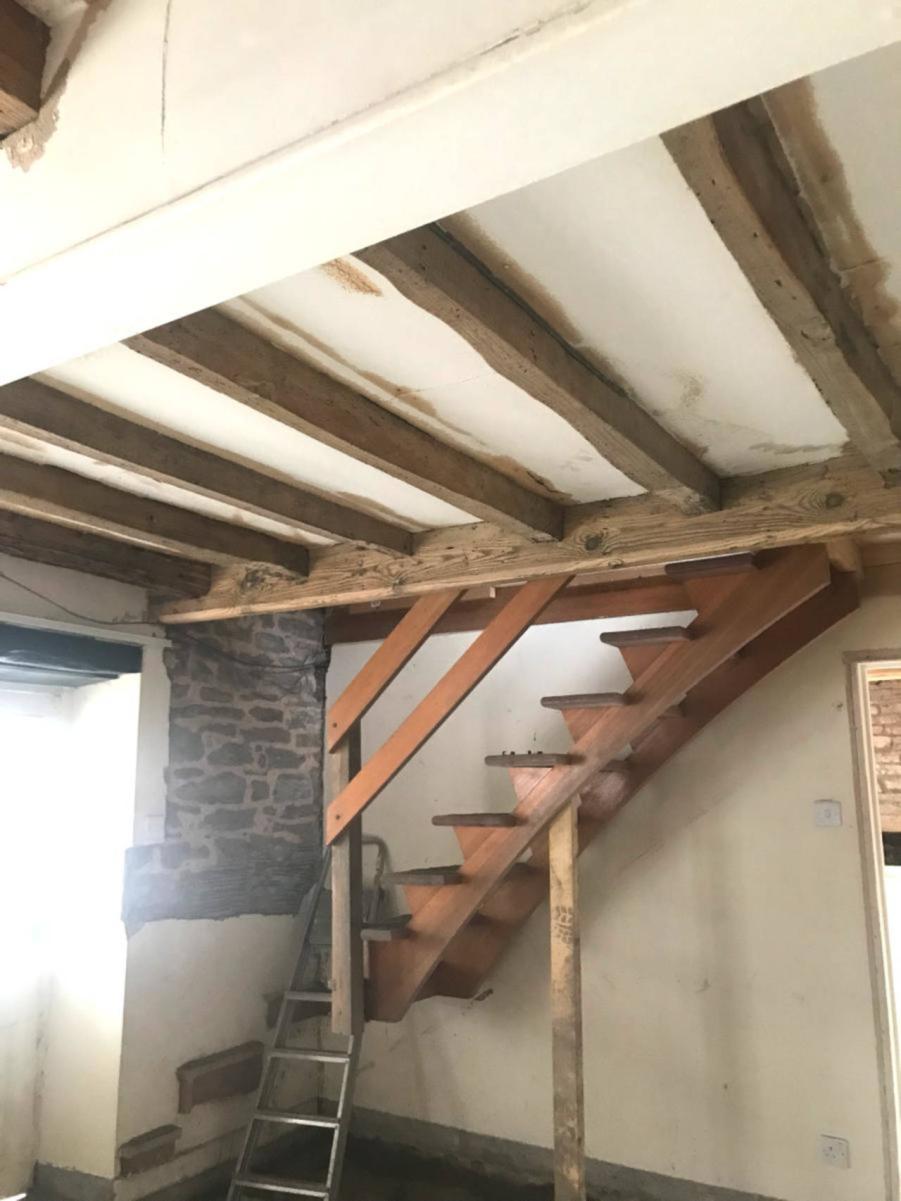DJ Cooper Building Conservation
Since 1989, customers have relied on DJ Cooper to clean a wide range of surfaces using a variety of methods.
This experience enables us to choose the most effective and gentle method needed to complete any given project cost effectively, with no damage to the substrate.
From  churches and listed buildings through to bus stops and private houses, contaminants have been removed from surfaces, some of which were extremely delicate, with perfect results and no damage.
As a small firm, you know that when you contact us, you will be speaking directly to someone with broad knowledge of old buildings and many years of experience in the construction industry.
If you would like to see samples for architect / client approval, just let us know. Whether your organisation is large or small, we are used to working alongside your architects, conservation officers and contractors to get the best possible result.
Our specialists clean:
- Masonry, Brickwork & Concrete
- Wood (Beams & Patios)
- Ferrous Metal & Some Non-Ferrous Metals
- Graffiti - promptly and carefully
- Smoke damage
- Paint
- Bird droppings
- Air pollution residues
- Organic matter (slime and moss)
- Grease

Page header examples of stone and brick cleaning
Removing Contamination Gently
Since 1989, customers have relied on DJ Cooper to clean a wide range of surfaces using a variety of methods.
This experience enables us to choose the most effective and gentle method needed to complete any given project cost effectively, with no damage to the substrate.
From  churches and listed buildings through to bus stops and private houses, contaminants have been removed from surfaces, some of which were extremely delicate, with perfect results and no damage.
As a small firm, you know that when you contact us, you will be speaking directly to someone with broad knowledge of old buildings and many years of experience in the construction industry.
If you would like to see samples for architect / client approval, just let us know. Whether your organisation is large or small, we are used to working alongside your architects, conservation officers and contractors to get the best possible result.
Our specialists clean:
- Masonry, Brickwork & Concrete
- Wood (Beams & Patios)
- Ferrous Metal & Some Non-Ferrous Metals
- Graffiti - promptly and carefully
- Smoke damage
- Paint
- Bird droppings
- Air pollution residues
- Organic matter (slime and moss)
- Grease
With historic buildings in and around the town, some national monuments, some still in use, owned privately or by the local council, we often find ourselves called on in the Langport area to ensure that when the grime from traffic, bird fouling, general day to day soiling or even graffiti is removed from a treasured building, there is no damage to the often delicate stonework beneath.
From removal of old paint for a domestic redecoration project, or the intricate cleaning of stone work in a cathedral using the poultice method, you will find that wherever you are in Langport or Somerset, you will get a quick response, highly competitive quotation and thorough cleaning from DJ Cooper. Our number is shown above, or if you prefer to send us an email, simply click in the header of any page.
